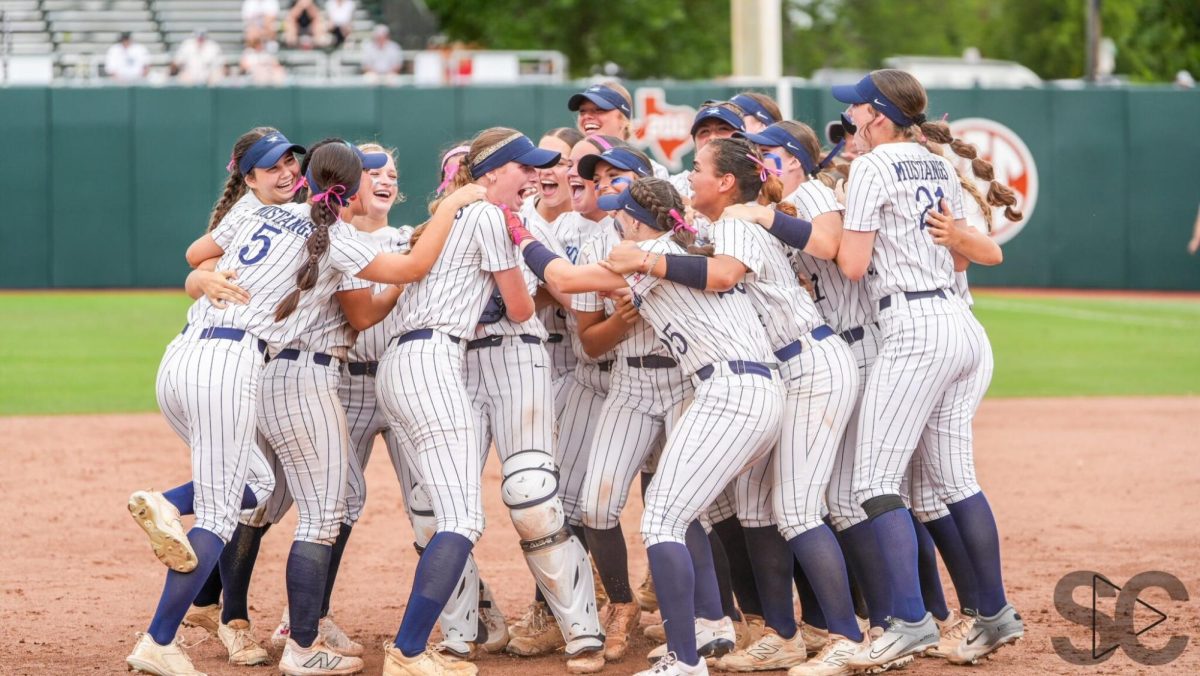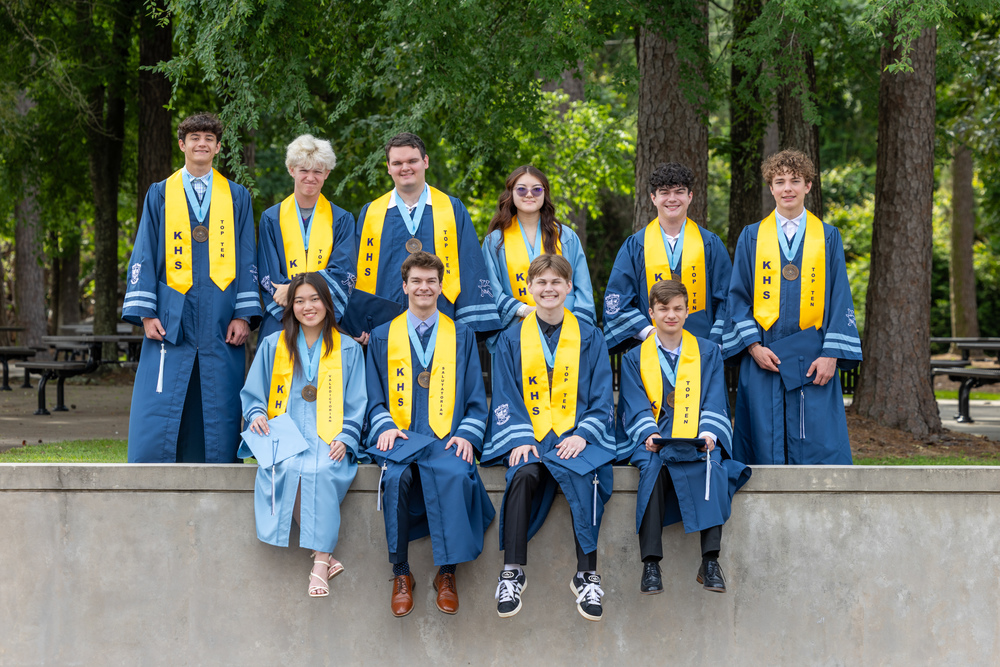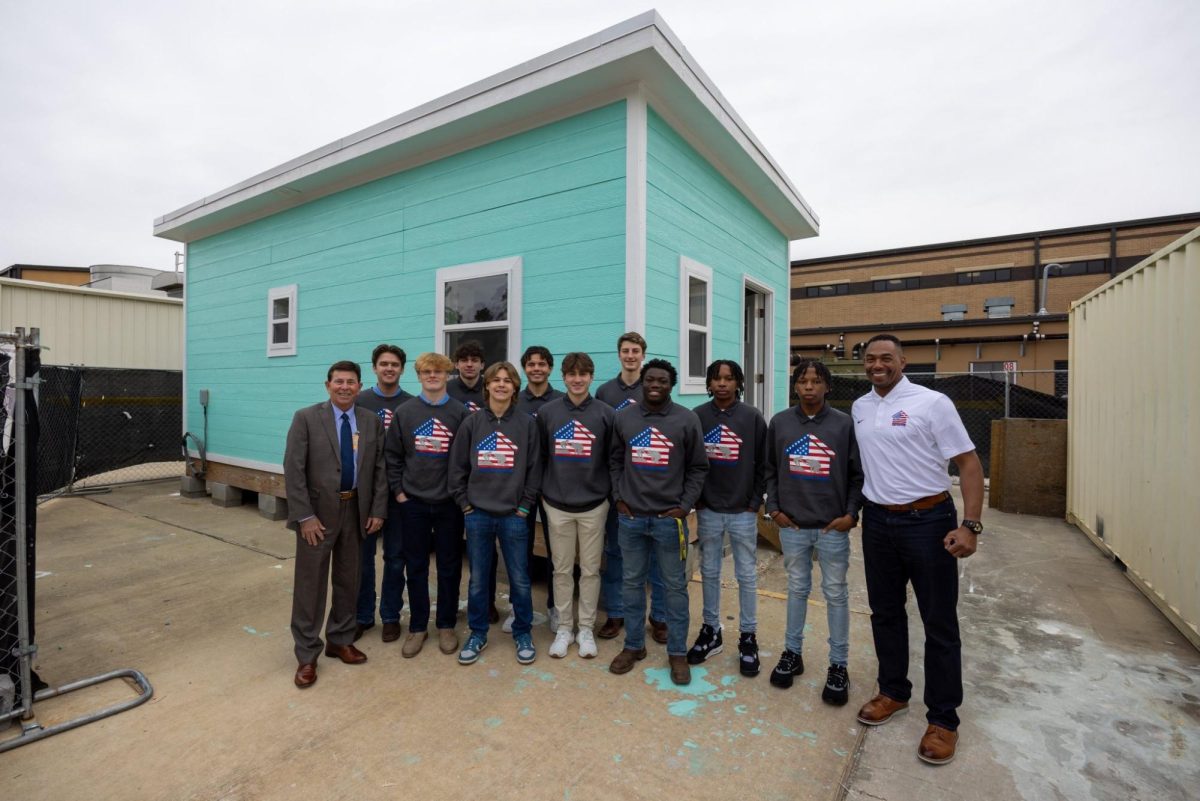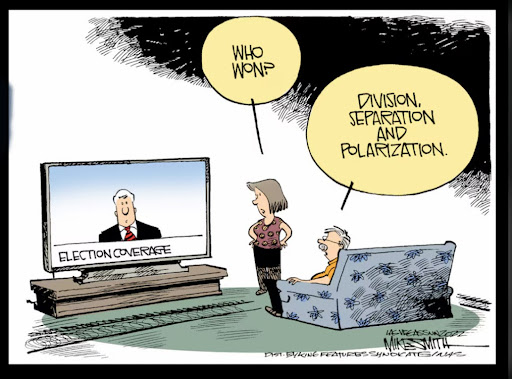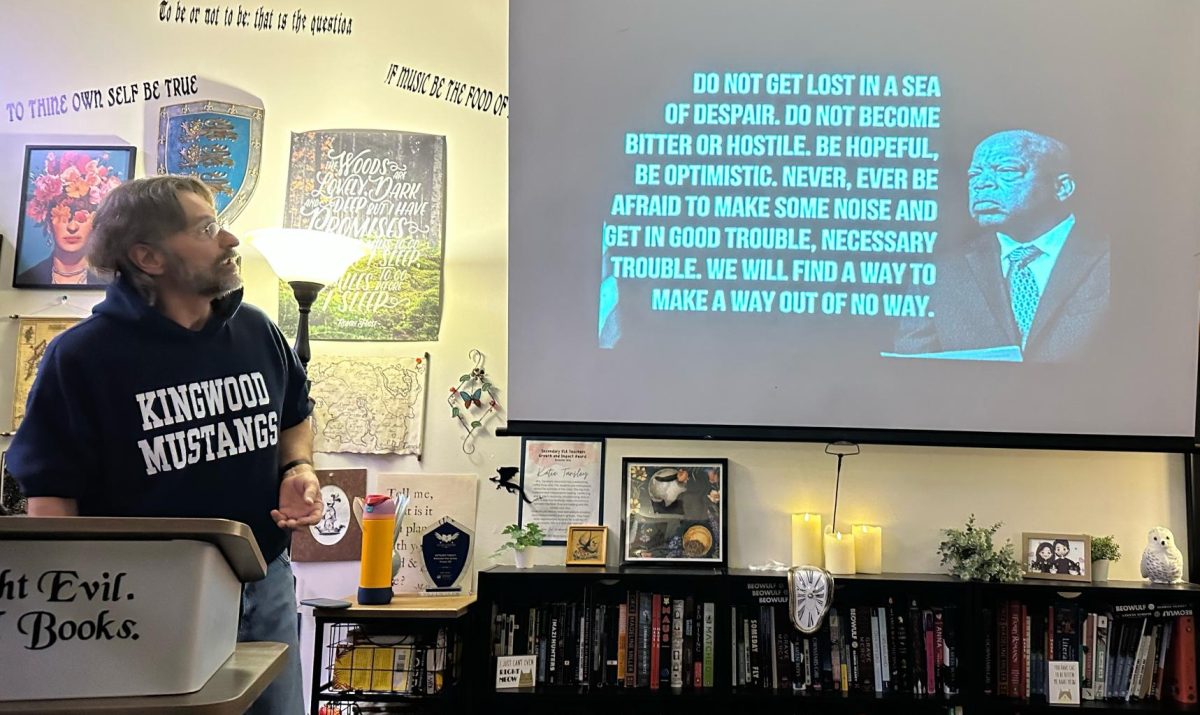But there’s another part of this election that’s hard to miss: how intense people’s opinions are on both sides. It feels like everyone is way more passionate—and sadly, more disrespectful—when they talk about politics this year. We see people yelling at each other and forgetting to keep it respectful. It’s totally normal to care deeply about what you believe in, but there’s a point where a good debate can turn into a messy divide.
What does it really mean to support civil discourse? How can we, as young people, take the lead and set a good example for older generations? One quote from an article written on mustang monthly in the last election cycle really stood out to us:
“Most people do not listen with the intent to understand; they listen with the intent to reply.” – Stephen Covey.
If that’s true, it shows that we often focus more on what we want to say instead of really listening to others, which can be a dangerous road to go down in a democratic society.
For our generation, maybe our goal should be to change things up. We have a great chance to show what it means to really listen—like, to understand instead of just waiting to respond. Imagine if we went into every conversation, especially about politics, with curiosity instead of jumping to conclusions. We can set the tone for a culture where disagreeing doesn’t mean being disrespectful. So, no matter who wins the presidency on Wednesday, November 6th, we can change in the interest of understanding the viewpoints of others as valid and not something that we use to draw a line between “us” and “them”.
The presidency can change entirely every four years, however the same cannot be said for the people. For too long we have allowed ourselves to be dragged out along party lines, not ever acknowledging the opinions of others as just as principled as our own and dismissing ideas we don’t agree with as one form of slander or another. Reestablishing a culture of taking pride in our ability as a nation to accept differing viewpoints and make an effort to understand those of others will take time, but it has never been more imperative that we do so if only to remind ourselves that it can be done and in so doing- to restore the belief that it is in differing opinions that we find proof of our mutual humanity.





